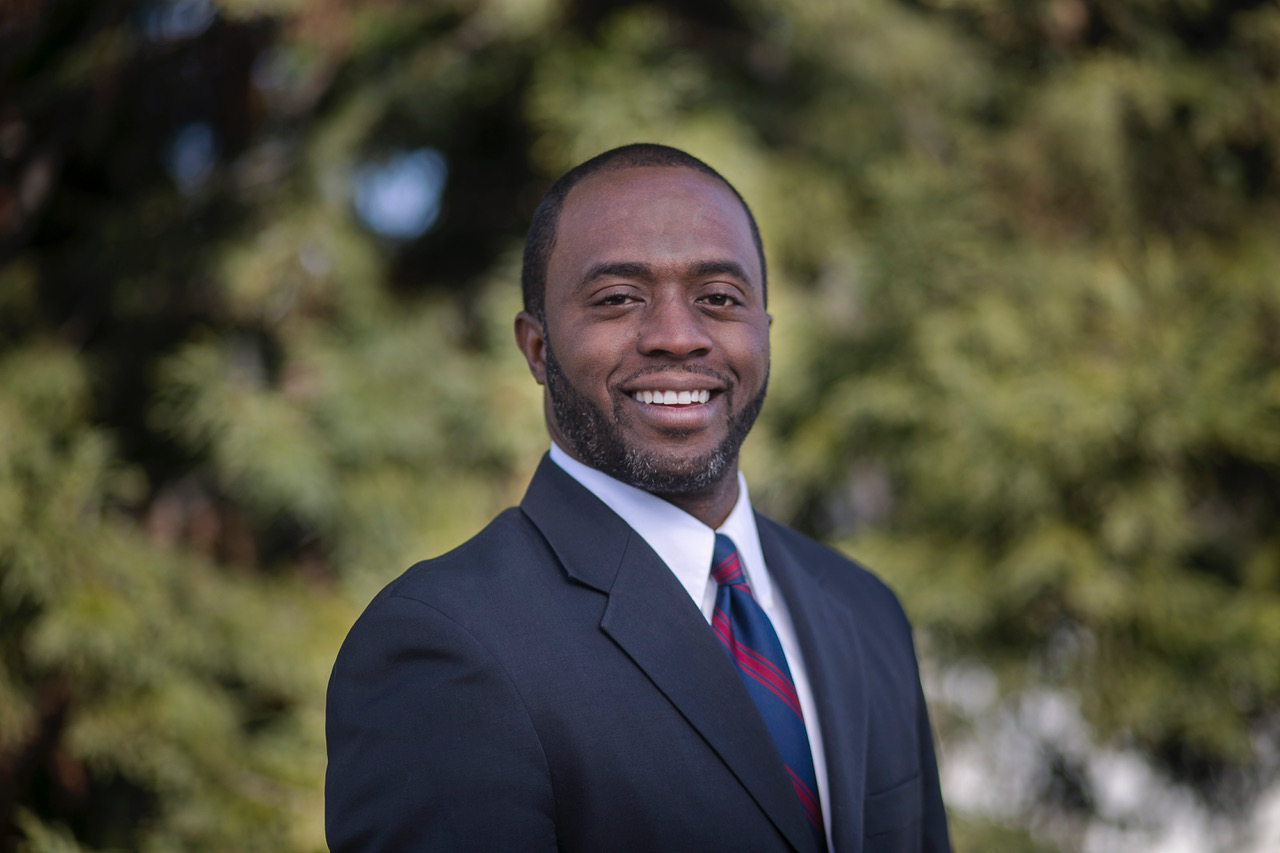
Elected Officials and Faith Leaders Join State Ed Chief Thurmond to Discuss Antisemitism Solutions
Joe W. Bowers Jr. | California Black Media
State Superintendent of Public Instruction, Tony Thurmond, organized a virtual roundtable discussion titled “Education to End Hate: Countering Antisemitism” that brought together about 350 attendees, including elected officials and faith leaders, according to the Department of Education (CDE). The aim of the discussion, which was held Aug. 23, was to address the role of education in combating the recent increase in antisemitism.
Steve Zimmer, Deputy Superintendent of Public Instruction, moderated the discussion and cited statistics on the increase of antisemitism and hate crimes in California.
Antisemitism and other hate crimes have surged in California, rising by more than 20% last year. The main targets were Black, LGBTQ+, and Jewish people. The Anti-Defamation League (ADL) reported that antisemitic hate crimes had increased by over 40% between 2021 and 2022, especially in Los Angeles, San Bernardino, and Kern counties.
Thurmond is involved in initiatives related to Holocaust and genocide education, and he aims to utilize education to reduce acts of hate. He is co-chair of the Governor’s Council on Holocaust and Genocide Education along with Dr. Anita Friedman, Executive Director of Jewish Family and Children’s Services of San Francisco, the Peninsula, Marin and Sonoma Counties, Sen. Henry Stern (D-Calabasas), and Attorney General Rob Bonta. He has also partnered with the National Equity Project to help implement the $20 million Antibias Education Grant Program to empower educators and students in addressing hate, bigotry, and racism.
“I have pledged that the CDE will intervene whenever we learn about an antisemitic act or other forms of hate at a California public school. We will work side-by-side with school and district leaders to ensure that teachers have the resources and partnerships needed to address both the immediate crisis and the long-term educational implications. My priority is to empower educators and students to confront the hate, bigotry, and racism rising against several communities in the state and nation,” said Thurmond.
Thurmond initiated the “Education to End Hate” series to tackle hate and racism through education. The next event in the series is scheduled to take place on Sept. 12, 2023.
Several members of the Jewish Legislative Caucus, Senators Stern, Scott Wiener (D-San Francisco), and Josh Becker (D-Menlo Park) and Assemblymembers Laura Friedman (D-Burbank) and Jesse Gabriel (D-Encino), gave opening remarks for the roundtable.
The caucus members thanked Thurmond for his leadership and partnership and emphasized the importance of educating students about the history and impact of antisemitism and other forms of bigotry. They also urged schools to adopt the Ethnic Studies Model Curriculum, which includes a unit on Jewish American studies, to foster understanding and appreciation of diverse cultures and identities.
“It is no secret if you are Jewish or if you have Jewish friends or interact with Jewish students or folks in the community, the tremendous levels of anxiety that our community is feeling at this moment [is} really unprecedented for my lifetime,” caucus co-chair Gabriel said.
Following the remarks from the Jewish legislators, a panel of Jewish community leaders presented different perspectives on the issue of antisemitism. On the panel were Rabbi Meyer May, Executive Director of the Simon Wiesenthal Center and Museums of Tolerance; Dr. Friedman; and Sarah Levin, Executive Director of Jews Indigenous to the Middle East and North Africa (JIMENA).
The panel members discussed the rich history and multifaceted elements of Jewish identity, the rise in antisemitism across the political spectrum, the intersectionality of antisemitism with other forms of oppression, and the specific ways that education can play a role in countering antisemitism throughout the state. They also identified important resources that teachers can use to address antisemitism and all forms of hate.
Rabbi May said that being Jewish means caring for the community and treating others with dignity: “Judaism for me is an all-encompassing experience. … I have an equal responsibility every day to treat my fellow persons with human dignity. That should be the core value for every human being: that we treat others with human dignity and understand that everyone has the same basic needs, that they want to support their families, have joy, and pride in their families and perpetuate their culture.”
Friedman said that antisemitism affects not only Jews but American society, more broadly. She warned that it is a sign of something wrong that needs to be fixed.
“It’s a signal, like the canary in the coal mine, that something is not right and needs to be fixed,” Friedman said.
The state’s ethnic studies curriculum, which faced strong backlash when it was first released in 2019, was a recurring topic during the discussion.
Wiener said the first draft of the state’s ethnic studies curriculum, had “despicable” and “straight-up antisemitic” language. He said Jewish groups lobbied to change the final version, but some districts are being pressed to use the old draft, which is illegal. He also said some authors responsible for antisemitic language in the curriculum are shopping their services as “liberated ethnic studies”.
In response to Wiener’s concern, Thurmond said he had sent many letters to districts reminding them of the legal limits of ethnic studies, which should not be antisemitic or use any unapproved version of the curriculum. He also urged anyone who witnessed antisemitism in schools to contact his office.
“We’d like to get that phone call,” Thurmond said.
A full recording of the webinar can be viewed on the CDE Facebook page.
“This article was supported in whole or in part by funding provided by the State of California, administered by the California State Library.”




